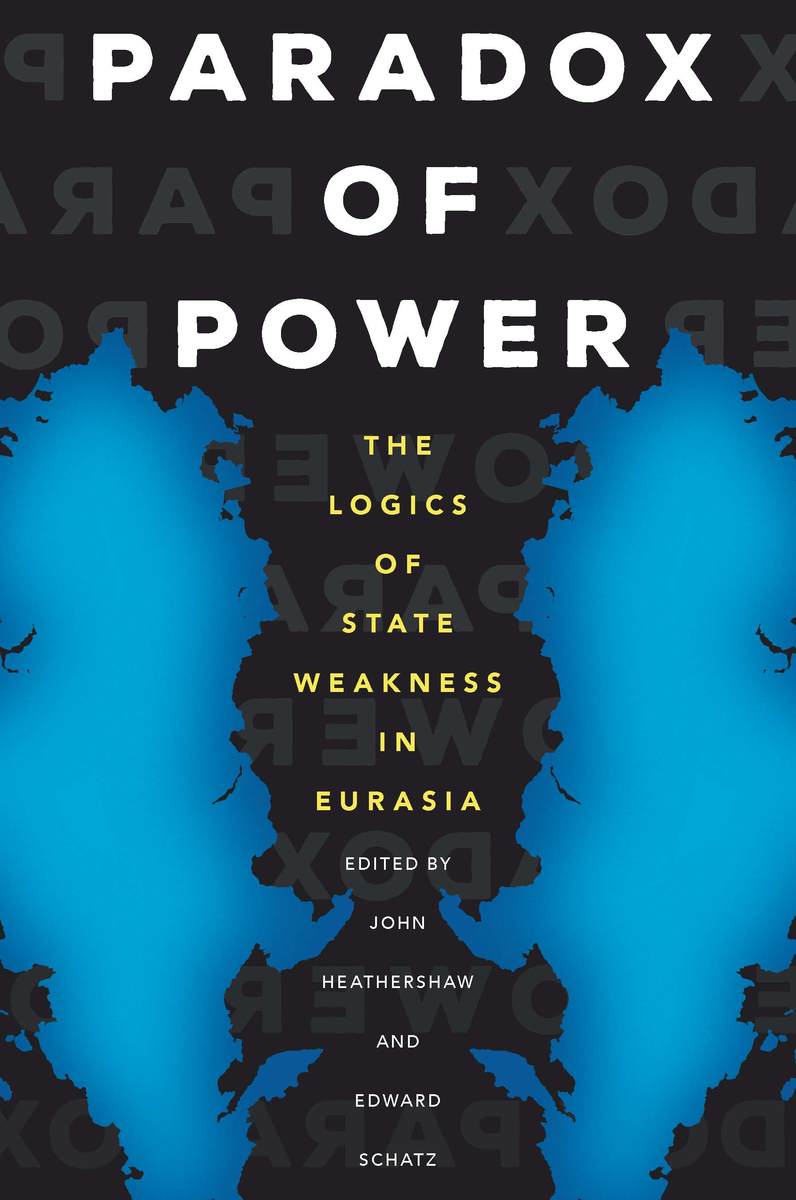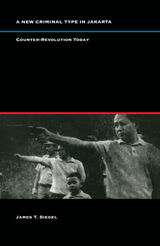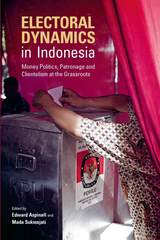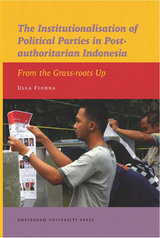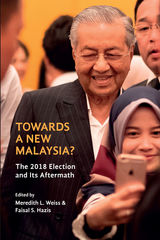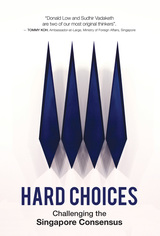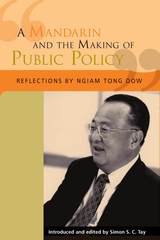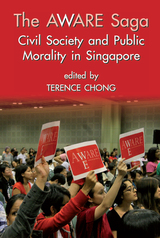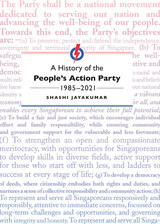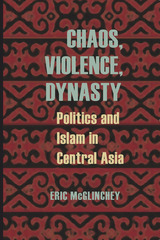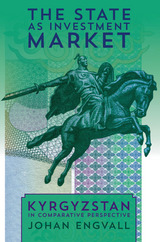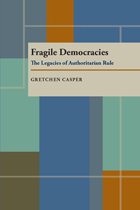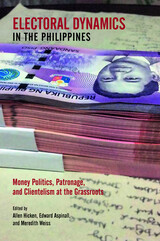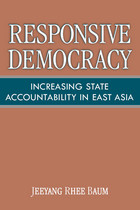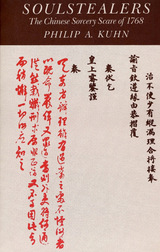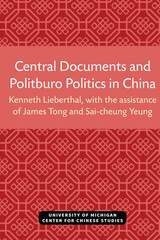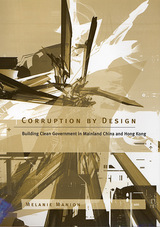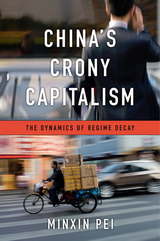Paradox of Power: The Logics of State Weakness in Eurasia
University of Pittsburgh Press, 2017
Paper: 978-0-8229-6441-4 | eISBN: 978-0-8229-9170-0
Library of Congress Classification JQ1080.P37 2017
Dewey Decimal Classification 320.95011
Paper: 978-0-8229-6441-4 | eISBN: 978-0-8229-9170-0
Library of Congress Classification JQ1080.P37 2017
Dewey Decimal Classification 320.95011
ABOUT THIS BOOK | AUTHOR BIOGRAPHY | REVIEWS | TOC | REQUEST ACCESSIBLE FILE
ABOUT THIS BOOK
“State weakness” is seen to be a widespread problem throughout Central Asia and other parts of postsocialist space, and more broadly in areas of the developing world. Challenging the widespread assumption that these “weak states” inevitably slide toward failure, Paradox of Power takes careful stock of the varied experiences of Eurasian states to reveal a wide array of surprising outcomes. The case studies show how states teeter but do not collapse, provide public goods against all odds, interact with societies in creative ways, utilize coercion effectively against internal opponents, and establish practices that are far more durable than the language of “weakness” would allow. While deepening our understanding of the phenomenon in Eurasia in particular, the essays also contribute to more general theories of state weakness.
See other books on: 1991- | Asia, Central | Former Soviet republics | Paradox | Post-communism
See other titles from University of Pittsburgh Press
